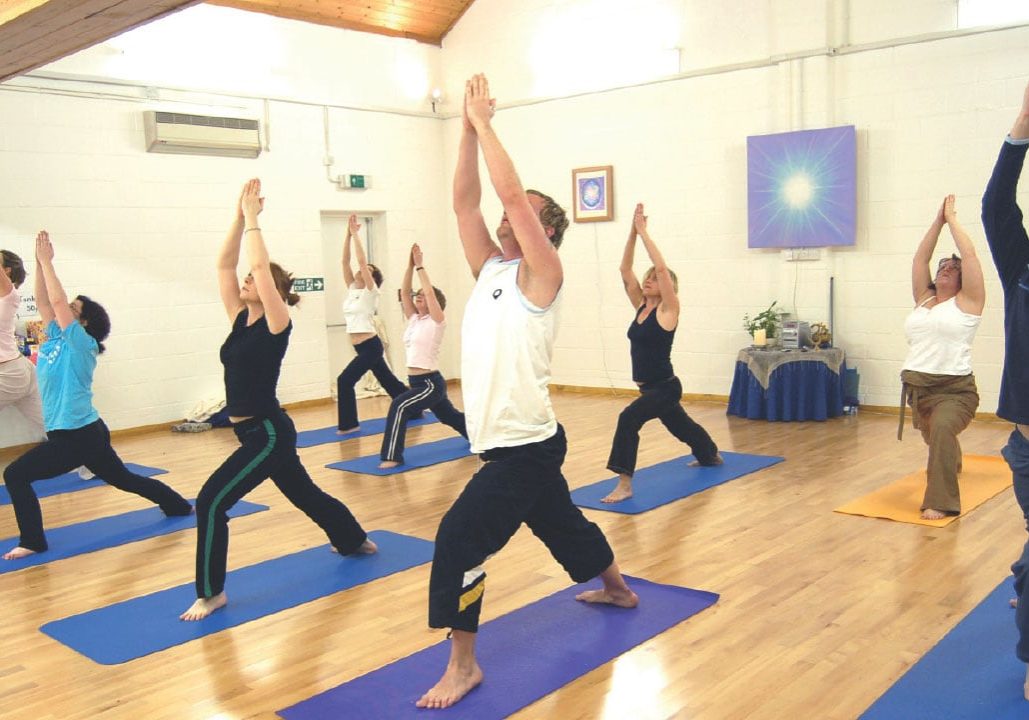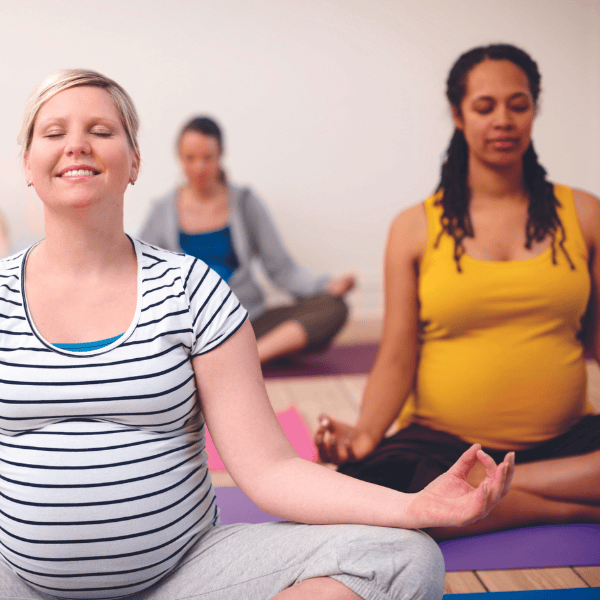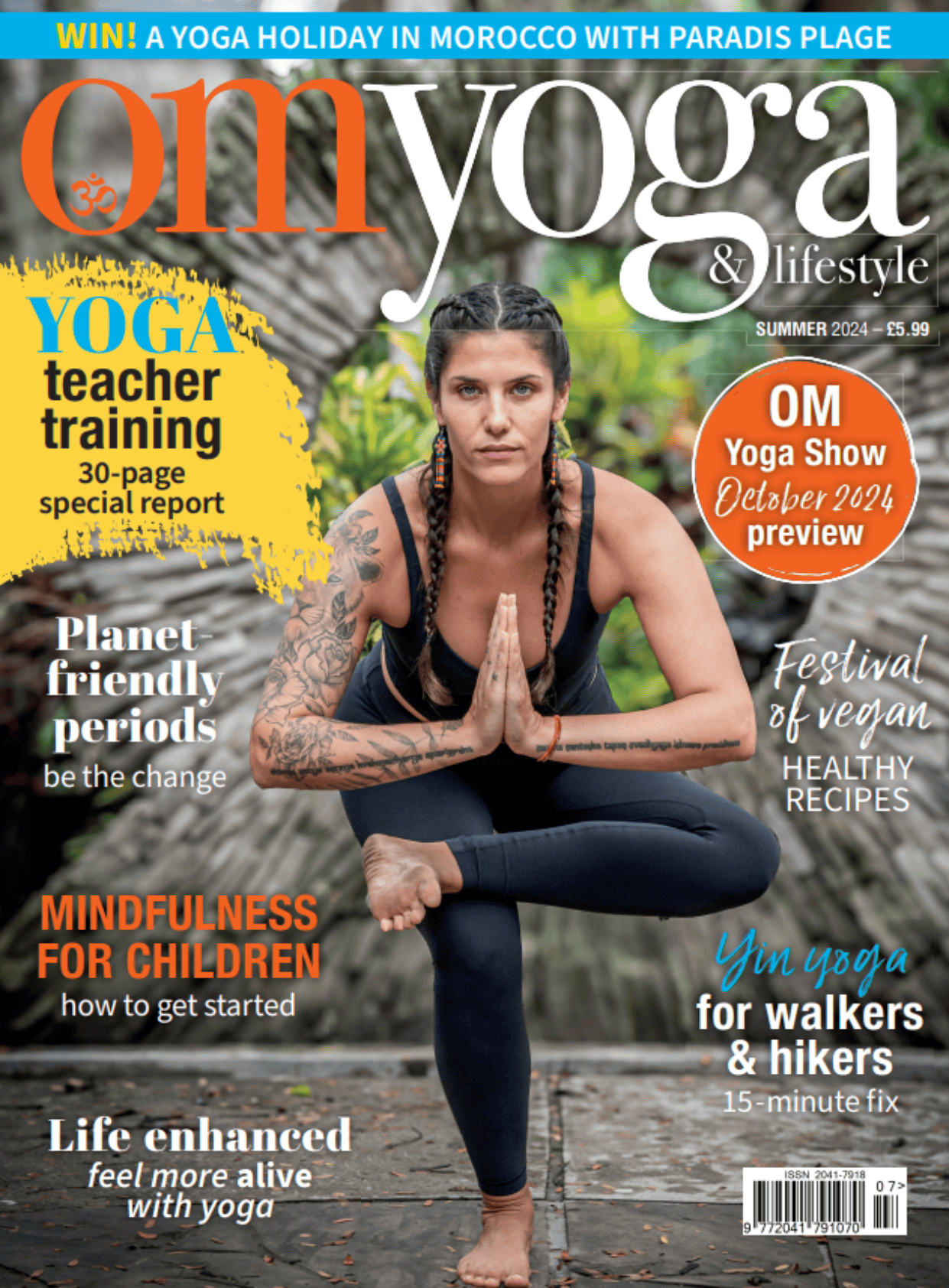
Occupational Standards
The knowledge, skills and behaviours needed for the IfATE-approved Occupational Standards for Teaching Yoga with public funding available for eligible students. By Laura Bissell
Reading time: XX minutes
The landscape of vocational education changed when the Department for Education (DfE) introduced a wide range of skills reforms underpinned by the 2022 Skills and Post-16 Education Act. As part of the reforms, the Institute for Apprenticeships and Technical Education (IfATE) was established as an ‘arms length body’. IfATE sets the occupational standards for thousands of occupations classified by the Office for National Statistics (ONS).
The occupation of ‘Yoga Teacher’ has the Standard Occupational Classification 2020 code 3433/03. IfATE-approved Technical Specialist qualifications in Teaching Yoga are based on the level 3 occupational standards that were co-designed by employers and approved by IfATE. The qualifications must also meet the regulatory requirements of Ofqual and, if public funding is sought for students’ tuition, the DfE funding approval criteria must be met.
The British Wheel of Yoga Qualifications (BWYQ) charity went through a one-year rigorous approvals process, with development overseen by IfATE and Ofqual. Student teachers can therefore be confident that they are gaining the knowledge, skills and behaviours that their future employers are demanding.
Knowledge, skills & behaviours
Yoga teacher training needs to cover knowledge of human movement as biomechanics, the basics of anatomy and physiology such as the cardiorespiratory, musculoskeletal, nervous and endocrine systems and how exercise affects these systems. Knowing how diet, stress, fatigue and other factors can affect one’s lifestyle is important as well as understanding the safety precautions for common conditions like hypertension, obesity, cardiopulmonary disease and diabetes. The training should include knowledge of professional roles and legal responsibilities, risk assessment, safeguarding and, of course, the history, philosophy and fundamental theories of yoga, including hatha yoga, raja yoga, meditation, mantra, the pranic system, pranayama, mudra, bandha and kriyas.
When the knowledge from above is applied in preparing for and delivering group yoga sessions, the skills of student teachers are developed and assessed to determine if they can teach yoga safely, adapting the practices to accommodate the needs of the individuals and progressing individuals when they are ready for more advanced practices. The behaviours gained are underpinned by the ethics of yoga, which effectively contribute to the moral, ethical and professional standards required for a yoga teacher.
Tuition funding
Tuition funding is available for the new IfATE-approved Teaching Yoga Qualifications. The new 320-hour BWYQ Level 3 Technical Specialist in Teaching Yoga has recently been approved by the Department for Education (DfE) for Level 3 Legal Entitlement and Advance Learner Loans funding, to start in 2025. The BWYQ charity will also have three additional Technical Specialist qualifications in Teaching Antenatal Yoga (64 hours), Postnatal Yoga for Mums and Babies (64 hours) and Mindbody Exercises for Older Adults (66 hours) that will be eligible for Level 3 Legal Entitlement funding.
BWYQ is currently recruiting yoga and mind-body training organisations registered with the UK Register of Learning Providers (ukrlp. co.uk) to help deliver its Level 3 and Level 4 qualifications. Find out more at: bwyq.org.uk





